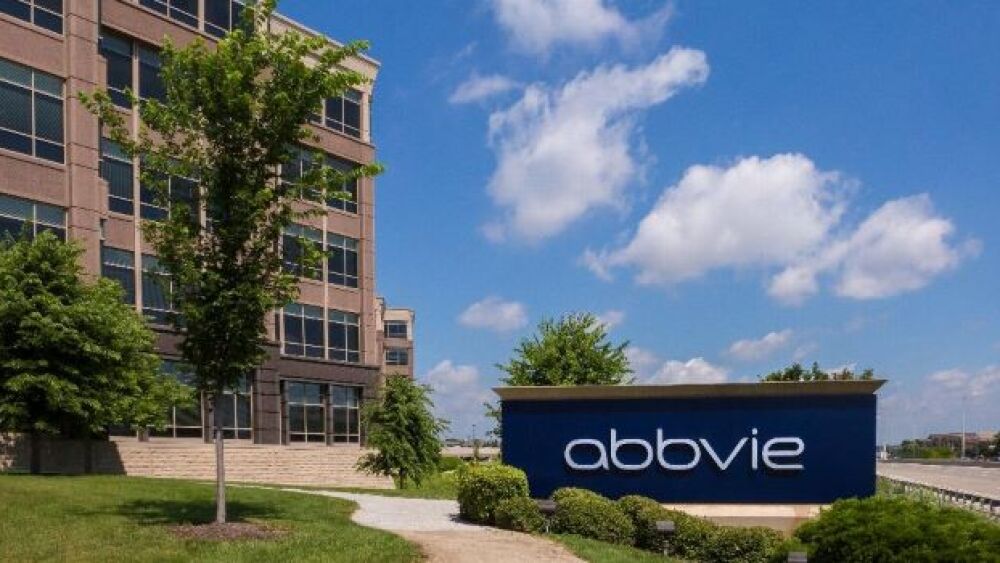AbbVie has redeemed a Rare Pediatric Disease Priority Review Voucher for Rinvoq (upadactinib), following its FDA approval for adults with moderately to severely active ulcerative colitis in March.
Abbvie Rinvoq gets priority review. (Courtesy of AbbVie, Inc.)
On Thursday afternoon, the U.S. Food and Drug Administration published in the Federal Register that AbbVie has redeemed a Rare Pediatric Disease Priority Review Voucher for Rinvoq (upadactinib). The FDA approved the drug in March for adults with moderately to severely active ulcerative colitis (UC) who didn’t respond adequately or were intolerant to one or more tumor necrosis factor (TNF) blockers.
Priority review vouchers (PRVs) allow the recipient to expedite the review of one of its new drug products. The products can also be sold to other companies for whatever amount of cash they can get for them.
This program is a way to incentivize the development of new drugs for historically underserved conditions, and it allows the holder of the PRV to speed the review process. A standard review process is about 10 months, but a PRV can cut that to six months, which may be used by a company to get a head-start on marketing a drug.
Although neither AbbVie nor the FDA is obligated to say where the PRV came from, it’s possible that it was the PRV AbbVie acquired from Eiger BioPharmaceuticals for $95 million in November 2020. The PRV had been granted to Eiger as the result of the FDA approval of Zokinvy (lonafarnib) for treatment of Progeria and processing-deficient Progeroid Laminopathies. The drug is indicated in both adults and pediatric patients 12 months and older, which would justify the Rare Pediatric Disease PRV.
AbbVie and Rinvoq have a history of using PRVs. In 2015, AbbVie acquired a Rare Pediatric Disease Priority Review Voucher from United Therapeutics. United received the PRV when Unituxin was approved in the U.S. for neuroblastoma, a rare pediatric disease. AbbVie invested a whopping $350 million for the PRV. Rinvoq was approved first for moderate to severe rheumatoid arthritis in 2019, and reportedly, the company used the United PRV to get an accelerated review.
Rinvoq has been approved for RA, active psoriatic arthritis when TNF blockers didn’t work, and for severely active UC when one or more TNF blockers didn’t work. The approval for ulcerative colitis was the first for the drug in gastroenterology. It was based on data from three Phase III trials, U-ACHIEVE and U-ACCOMPLISH, induction studies that evaluated the drug at 45 mg once a day for eight weeks, and then 15 mg or 30 mg once a day for the maintenance study, U-ACHIEVE maintenance, through 52 weeks.
All the studies demonstrated that patients receiving the drug met clinical remission at weeks eight and 52, which was the primary endpoint. The studies also hit all ranked secondary endpoints, including endoscopic improvement and histologic-endoscopic mucosal improvement (HEMI).
During AbbVie’s 2021 annual report, the company confirmed previous revenue guidance on Rinvoq, projecting $7.5 billion in sales by 2025. In 2021, it brought in $1.651 billion.
AbbVie is leaning heavily on Rinvoq and another relatively new drug, Skyrizi, to fill in the gap when its mega-blockbuster drug, Humira, loses patent protection. Humira brought in a jaw-dropping $20.694 billion in adjusted net revenues in 2021, but it will lose its patent exclusivity in 2023. Numerous companies have biosimilar drugs poised for marketing the minute the patent coverage falls.
“Skyrizi and Rinvoq will be commercialized across all of Humira’s major indications — plus atopic dermatitis,” Rick Gonzalez, AbbVie’s Chairman and CEO, said at the company’s annual report conference call. “We expect combined peak sales for Skyrizi and Rinvoq to exceed the peak revenues achieved by Humira.”





